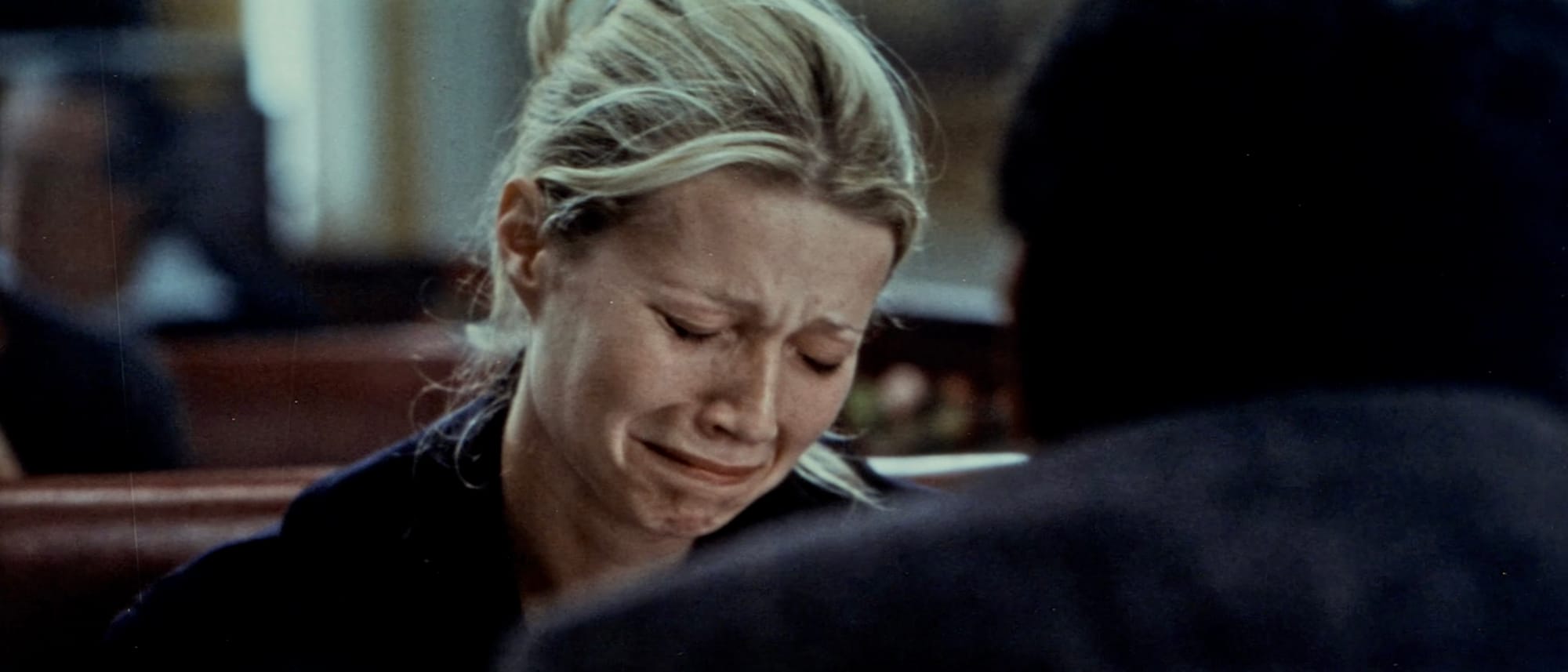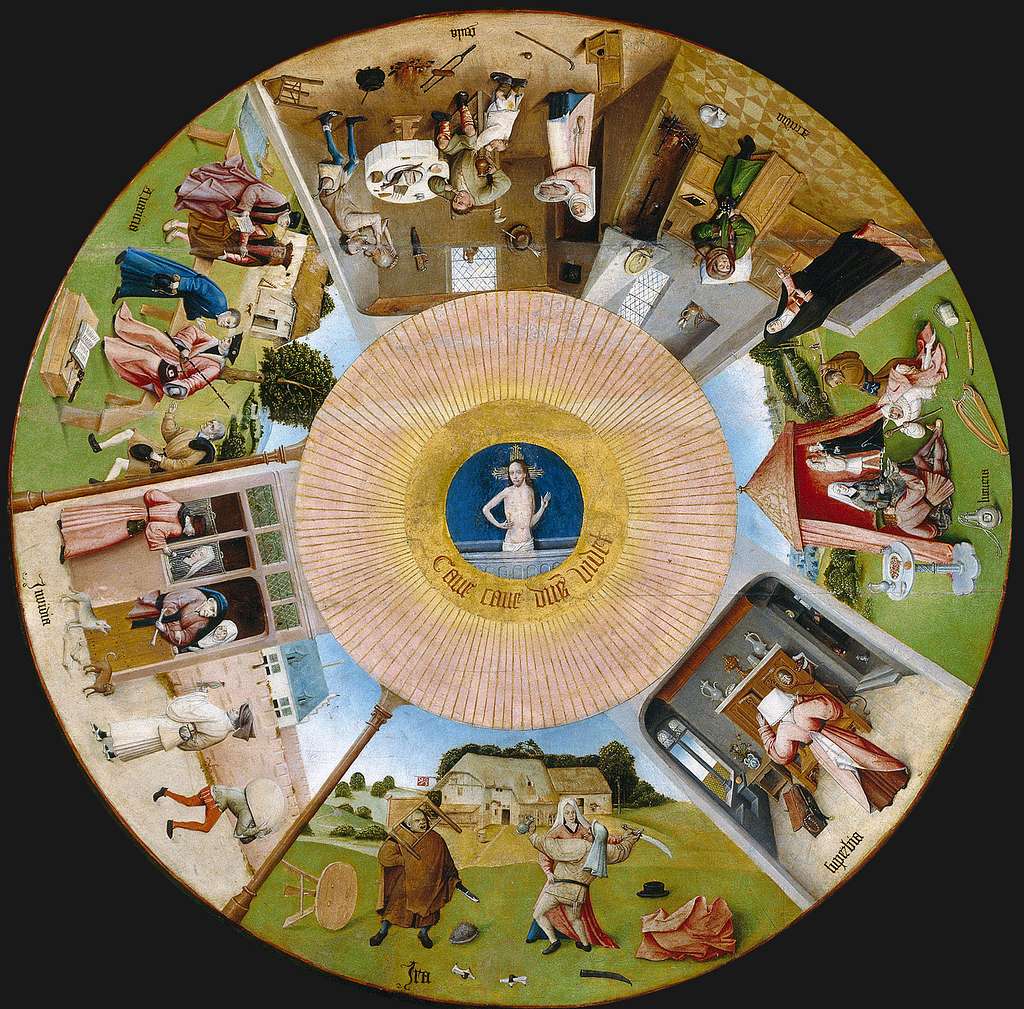It’s hard to see a way forward
An expression of the value in the striving

This piece was sent out as a part of today's Hell World newsletter. Read the whole thing here.

You'll need to be a paid subscriber to read this essay in full. Here's 40% off one year in honor of Capitalism Day.
An expression of the value in the striving
by Corey Atad
In the middle of everything, all the muck and the horror of the world, a woman sits down with a friend, someone she’s only recently met, looking to him for something, though she’s not sure what. Help maybe. Or advice. Reassurance more like. It’s raining outside, and the diner looks grim, but there’s humanity at this table, between these two people sharing their hearts with each other. “Why don’t you tell me what’s really bothering you, Tracy,” the man says. “David and I are gonna have a baby,” she responds. This is the most devastating moment in David Fincher’s Se7en, a film better remembered for its carnival of grotesqueries. Newly resettled in the film’s nameless metropolis, surrounded by its grungy, vile atmosphere, her husband hunting a serial killer, Gwyneth Paltrow’s Tracy is utterly trapped. So she reaches out to her husband’s new, retiring partner, Detective Somerset, played by Morgan Freeman. “I hate this city,” she tells him. The city’s overwhelming bleakness is so omnipresent in the film, so all-consuming, its borders so endless, she may as well be talking about the whole world.
Se7en opened in cinemas in the fall of 1995, nearly 30 years ago. Its impact was big at the time, and its influence wide. Genre imitators emerged aplenty—Kiss the Girls, The Bone Collector, Suspect Zero, Murder by Numbers, I could go on—and the visual style Fincher concocted with cinematographer Darius Khondji and production designer Arthur Max remains a point of reference decades later for films like 2022’s The Batman. The film is hardly lacking in the reputation department, though each time I watch it I come away thinking it’s not appreciated nearly enough.
Subscribe now to read the entire piece and all of the archives.

